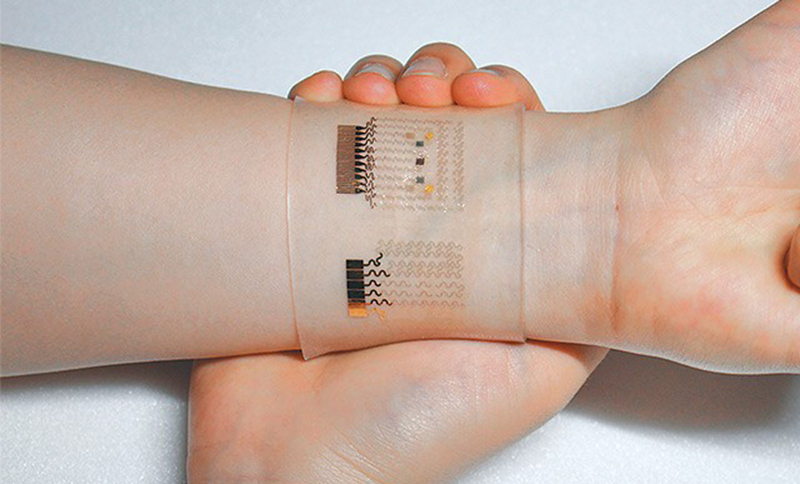The proliferation of wearables such as Fitbit to FDA approved medical devices shows that wearable tech is poised to disrupt the healthcare industry.
Estimated worldwide turnover of wearable devices in 2019 was approximately 18 billion euros ($19.9 billion), according to the German statistics portal Statista.
By the end of this year, more than 300 million users will use one or more wearables to monitor their heart rate, blood pressure or calorie intake. According to estimates by the consulting company Roland Berger, health wearables market will grow by an average rate of 21% per year, at least for the next two years, writes Torsten Maschke, CEO of Datwyler Sealing Solutions.
Medical wearables with artificial intelligence and big data are providing an added value to healthcare with a focus on diagnosis, treatment, patient monitoring and prevention. Wearables can monitor chronic medical conditions, track sleep and fitness routines, and even remind patients to take their medicine, do their exercise, or eat regularly. Wearables help to increase efficiency and reduce time gathering health data, and more.

In 2017, the FDA approved the first pill with a sensor that can track if the patient has swallowed it. The tiny pill has a drug and an ingestible sensor. The sensor gets activated when it comes into contact with stomach fluid to detect when the pill has been taken. The data is then transmitted to a wearable patch that eventually conveys the information to a paired smartphone app. Doctors and caregivers, with the patient’s consent, can then access the data via a web portal. This technology can be very useful for treating mental health disorders and chronic diseases like diabetes since medication adherence is a challenge for these populations.
Related Do We Really Need More Fitbits, Apple Watches and Other Health Wearables?
The US Food and Drug Administration (FDA) is exploring the development of digital health applications and wearables. In 2017, the agency selected nine companies to take part in the first-of-its-kind pilot program that will help transform digital health law and allow these firms to create new digital health software.
The health wearables market is still in its infancy, but we are likely to see this market grow at a lightning speed in the coming years.









